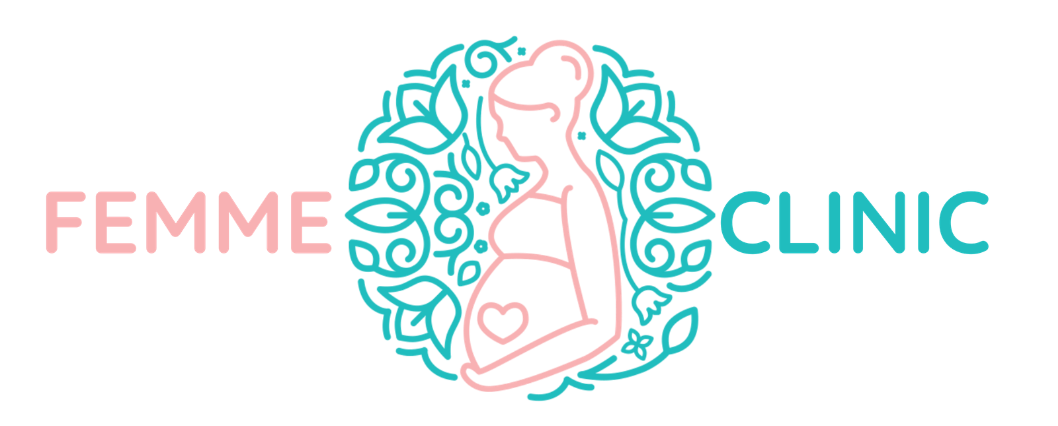Family planning methods are essential for individuals seeking to manage reproductive health effectively.
Among the various options available, pills, monopills, and intrauterine devices (IUDs) represent three distinct approaches to contraception. Each method has unique characteristics, advantages, and disadvantages that cater to different needs and preferences of users.
Pills, commonly referred to as combined oral contraceptives, involve taking a daily dose of hormones to prevent ovulation. They offer high efficacy rates when used correctly and can also provide additional benefits such as regulated menstrual cycles and decreased acne.
However, their effectiveness is heavily reliant on adherence; missing doses can significantly reduce their efficacy. In contrast, monopills contain only one hormone (progestin) and are often prescribed for individuals who cannot tolerate estrogen or have specific health concerns. While they also require consistent daily intake, they may be less effective than combined pills in preventing pregnancy.
IUDs present a markedly different approach by providing long-term contraception without the need for daily action from the user. These devices are inserted into the uterus by a healthcare professional and can remain effective for several years. IUDs exhibit high effectiveness rates—over 99%—and require minimal maintenance once in place. However, insertion may be uncomfortable for some women, and there is a risk of complications such as expulsion or infection that necessitate careful consideration before use.
In summary, while pills and monopills rely on daily commitment with varying hormonal compositions offering distinct benefits and drawbacks related to user compliance, IUDs provide long-term solutions with higher efficacy but come with procedural invasiveness risks. Ultimately, the choice among these family planning methods depends on individual lifestyle considerations and health conditions.
